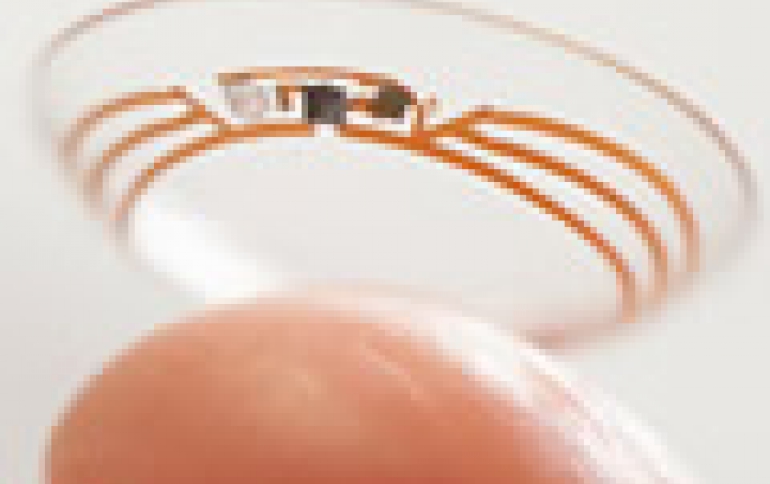
Google Wants To Fight Cancer, Diabetes, And Other Serious Diseases
Google is heavily investing into its cutting-edge life sciences plans and with the mission to develop new technologies to make healthcare more proactive. The newly announced business will be entirely focused on the billions of dollars of annual revenues on offer from helping patients with a range of major health issues, from diabetes, Parkinson’s, cancer and heart disease to the general quest to increase comfortable life span.
Google co-founder Sergey Brin, recently underilned in a blog post that he was determined to position the company at the forefront of the immensely lucrative health tech market in several key areas.
"It’s a huge undertaking, and I am delighted to announce that the life sciences team is now ready to graduate from our X lab and become a standalone Alphabet company, with Andy Conrad as CEO. While the reporting structure will be different, their goal remains the same. They’ll continue to work with other life sciences companies to move new technologies from early stage R&D to clinical testing-and, hopefully-transform the way we detect, prevent, and manage disease," Brin said.
Google’s new health unit was born from the company’s ongoing work on smart contact lenses. They are are being developed in collaboration with Swiss pharmaceutical giant Novartis. The search giant will work in a similar manner in other health-related areas - companies will be ranging from research and development startups to advanced clinical firms similar to Novartis.
The work is aimed at creating a smart contact lens that contains a low power microchip and an almost invisible, hair-thin electronic circuit. The lens can measure diabetics’ blood sugar levels directly from tear fluid on the surface of the eyeball, sending data to their mobile device.
Other tech produced by Google includes a nanodiagnostics platform for detecting disease right down to the molecular level, a technique expected to find particular use in areas such as cancer and even Alzheimer’s.
Google is also developing a cardiac and activity monitor, and making progress on its 'Baseline Study' genomic efforts to map a healthy human body and predict illness before it takes hold.
Apple, Microsoft Fitbit and Samsung are also among those active in fitness and health tracking. Intel, which is making serious steps in managing both Parkinson’s and cancer, just last week released the communication system used by Stephen Hawking to the tens of thousands of ALS sufferers in the US and beyond.




















